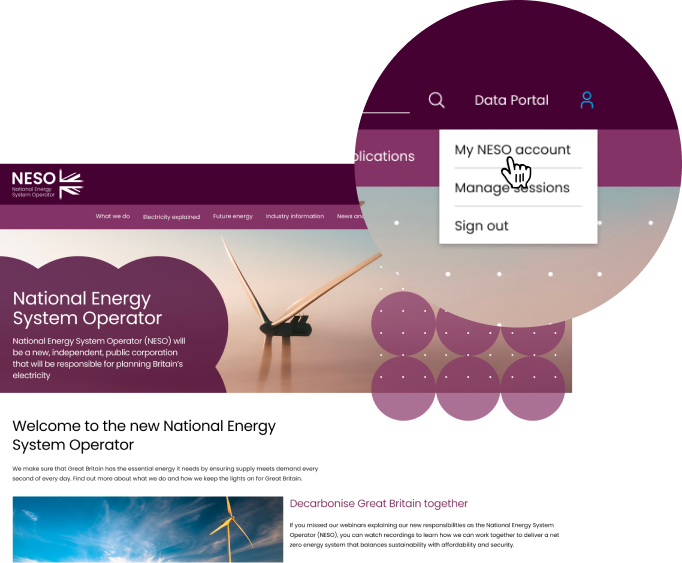Consumer Building Blocks (Phase 2)
Project summary
This project will build on existing consumer building blocks to combine learnings from the first and second Demand Flexibility Service (DFS) and create a more granular set of archetypes for different electrified heating types with a large and recent dataset.
| Name | Status | Project reference number | Start date | Proposed End date |
|---|---|---|---|---|
| Consumer Building Blocks Phase 2 | Live | NIA2_NESO078 | Sep 2025 | Mar 2026 |
| Strategy theme | Funding mechanism | Technology | Expenditure |
|---|---|---|---|
| Flexibility and market evolution | NIA_RIIO-2 | Demand Response | £400,000 |
This project will build on existing consumer building blocks to combine learnings from the first and second Demand Flexibility Service (DFS) and create a more granular set of archetypes for different electrified heating types with a large and recent dataset. We will do this by conducting social research with recent DFS participants to understand consumers interaction with flexibility and apply this to the consumer archetypes.
This project will explore defining more granular archetypes for different electrified low carbon heating types and types of consumers, to reflect the variation in technology mix and consumer behaviour that we are likely to see in the future low carbon domestic heating roll out.
Both updates to the consumer building blocks will ensure they are a more consistent, future-facing and robust set of archetypes.
Benefits
Due to the limitations of the input datasets used in phase one of this project NIA2_NGESO026 , information on how changes in consumer behaviour could impact demand was limited. The further year that DFS has completed as well as the potential to run an additional survey will allow further information to be added to the archetypes from phase 1.
Heat pump demand profile data was previously limited and what is available has not reflected recent performance improvements. Analysing ESC trial data will bring new information into our heat modelling.
Existing profile data is often based on gas boilers and does not represent future demand profiles. This work will be innovative by generating technology and consumer-type demand profiles to enable more accurate modelling of decarbonised heating scenarios.
| Name | Published |
|---|---|
| NIA Project Registration and PEA Document | 12 Oct 2024 |
